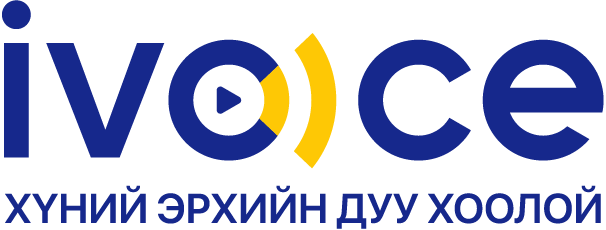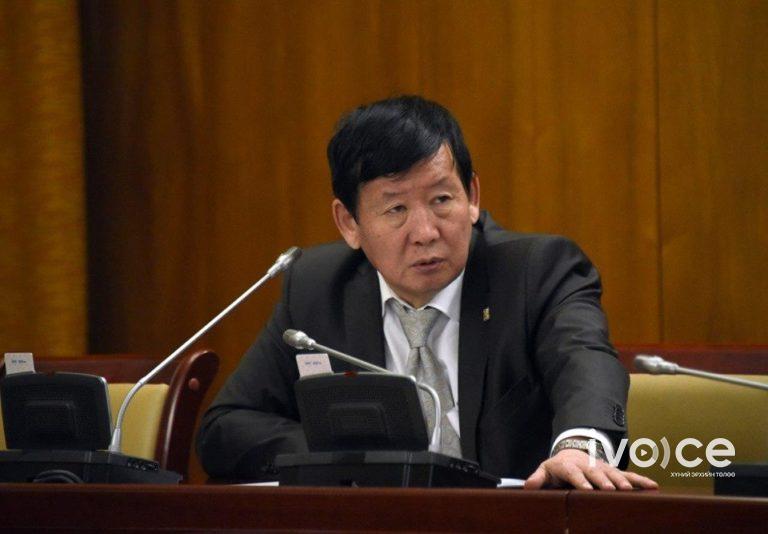What Are International Alternative Networks?
International alternative networks can be non-commercial entities that are able to keep pace with improvements in the top quality of media and information in their nations. They are distinct from the imperialist electrical power constructions which might be on the inside directed and are self-sufficient and noncommercial alternatives that attempt to bring multimedia in the 21st century. They were first introduced in the 1990s and they have expanded to encompass a variety of types of media, such as video tutorials, reports sites and alternative internet based websites with video content. Many have turned into multinational companies and constitute a key element of any democratic media strategy.
These groups are united by their non-commercial philosophy, and their opposition to imperialist structures of power. These groups promote their beliefs by organising information and communication reform initiatives and promoting an inclusive and democratic Internet. They also develop new infrastructures for communication that help local, regional and global developments in relation to social movements.
The strength of these worldwide networks is in the cooperation through social movement organizing campaigns as well as media reform initiatives that improve information and communication for the benefit of all. They are creating a complex network of transnational, local-local (especially south-south) regional, and other links that evade the traditional power dynamics of colonialism and links between south and north.
These international networks continue to build regional connections and are promoting the democratization and improvement of information and communications. They have become an integral part of the struggle for better human rights and environmental sustainability.






